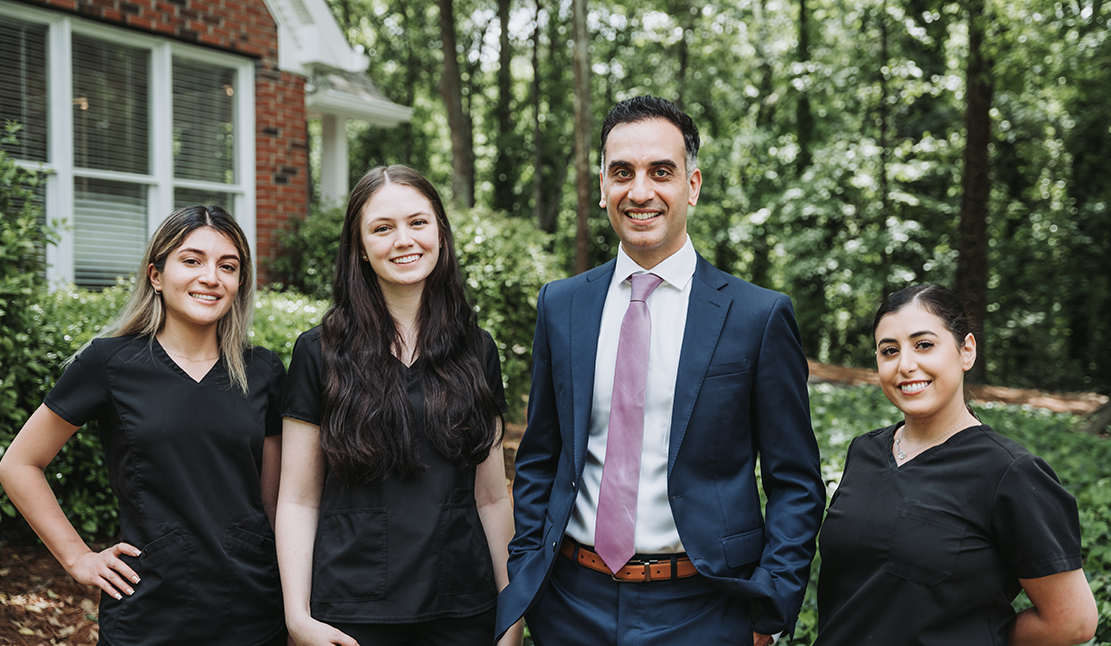Tips for Dental Implant Recovery
If you're considering dental implants or have recently undergone the procedure, you may be wondering about the recovery process. Dental implant surgery is a fantastic solution for those looking to restore their smile and regain optimal oral health. However, like any surgical procedure, it's important to take proper care during the recovery phase to ensure successful results.
What are Dental Implants?
Dental implants are a popular and effective solution for missing teeth. They are essentially artificial tooth roots that are surgically placed into the jawbone to support replacement teeth or bridges. Unlike dentures, which can be removed, dental implants provide a permanent and fixed solution.
The process of getting dental implants typically involves several steps. First, a thorough examination is done to assess the patient's oral health and determine if they are a suitable candidate for the procedure. Then, the implant is carefully placed into the jawbone during surgery. Over time, as the bone heals, it fuses with the implant through a process called osseointegration. Once this integration has taken place, an abutment is attached to the implant to connect it with the replacement tooth or bridge. Customized crowns or dentures are created and affixed onto these abutments to complete your smile restoration.
The Recovery Process
- After getting dental implants, it's important to follow a proper recovery process to ensure successful healing and integration of the implant into your jawbone. The recovery period can vary from person to person but generally takes a few weeks.
- During the initial days post-surgery, you may experience some discomfort and swell around the affected area. This is completely normal and can be managed with over-the-counter pain medications prescribed by your dentist or oral surgeon.
- It is crucial to avoid any strenuous activities that could potentially disturb the surgical site. This includes avoiding chewing on hard or sticky foods, smoking, drinking alcohol, and participating in intense physical activities.
- Maintaining good oral hygiene during this time is also essential for a smooth recovery. Make sure to gently brush your teeth twice a day with a soft-bristled toothbrush and use an antibacterial mouthwash recommended by your dentist.
- To reduce swelling and promote healing, applying ice packs on the outside of your face near the surgical site for short periods can be helpful. However, make sure not to apply ice directly onto the skin as it may cause damage.
- Regular follow-up appointments with your dentist are vital during the recovery process. They will monitor your progress closely and provide guidance based on how well you are healing.
By following these guidelines and taking care of yourself during this critical phase of recovery, you increase your chances of achieving long-lasting success with dental implants.
Tips for a Successful Recovery
- Follow your dentist's instructions: After dental implant surgery, your dentist will provide you with specific post-operative instructions. It is crucial to follow these guidelines carefully to ensure a successful recovery. This may include taking prescribed medications, maintaining oral hygiene, and avoiding certain foods or activities that can disrupt the healing process.
- Manage pain and swelling: It is common to experience some discomfort after dental implant surgery. To alleviate pain and reduce swelling, use ice packs on the affected area in 15-minute intervals during the first 24-48 hours. Additionally, take any prescribed pain medication as directed by your dentist.
- Stick to a soft diet: During the initial stages of recovery, it is important to avoid hard or crunchy foods that can potentially damage the surgical site or put unnecessary pressure on the implants. Opt for softer foods such as soups, yogurt, mashed potatoes, and smoothies until you get clearance from your dentist.
- Maintain good oral hygiene: Keeping your mouth clean is essential for proper healing and prevention of infection around the implant site. Gently brush your teeth twice daily using a soft-bristled toothbrush while being cautious around the surgical area.
- Avoid smoking and alcohol consumption: Smoking delays healing by reducing blood flow in tissues surrounding the implants, while alcohol can interfere with medications and increase bleeding risks.
Remember that every individual's recovery process may vary slightly based on their unique circumstances; therefore, always consult with our dentist for personalized advice tailored specifically to you.
If you are interested in learning more about what types of treatments we can use to improve the appearance of your teeth, we invite you to call us. Our Dentist Hickory Flat GA, Dentist 30115, Dentist 30114, Dentist 30188, Dentist Woodstock GA, look forward to helping you achieve your best smile ever!



0 comments